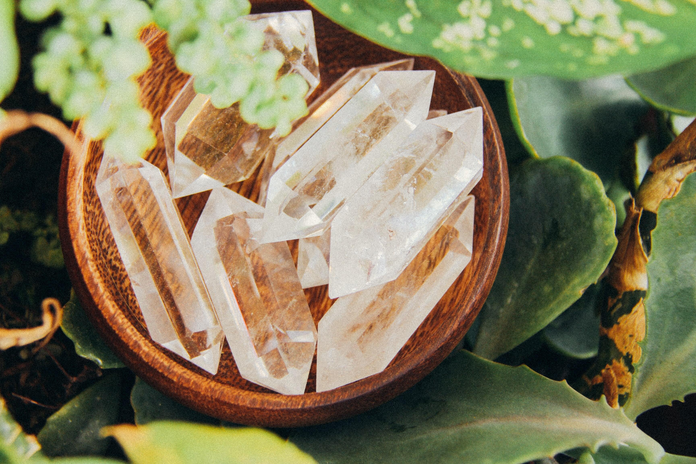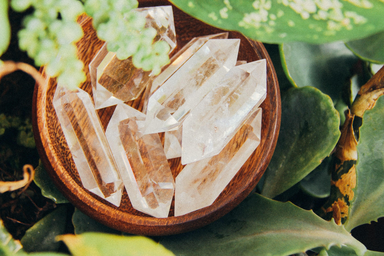A fine line between appreciation and appropriation
Even in recent years, medicine has made a lot of advancements– just take the COVID-19 vaccine for example, which was developed and distributed by scientists and healthcare workers at an unprecedented rate. Still, despite the many good things medicine has accomplished, there exist varying opinions on Big Pharma and Western medicine in general.
Recently, there has been a huge increase in resentment towards Big Pharma and the commercialization of medication and medical treatments. Sick people feel more like consumers than patients.
In response, some social media influencers like Katie Silcox use their platforms as open spaces to discuss their illnesses and the treatments that have helped them. Many of these “cures” are rooted in Eastern medicine; popular practices include Chinese traditional medicine, Indian Ayurvedic herbs and treatments, and Vietnamese herbal therapies.
The popularization of spices like turmeric and curcumin in Western vegan culture is just one example of the common incorporation of Eastern medicine into Western lifestyles. It’s important to be mindful of where these practices come from, though, since appreciation can quickly spiral into appropriation. For example, Ayurvedic medicine, which uses herbs like turmeric and certain yoga routines, has been co-opted by Americans, many of whom have little knowledge of the history of this practice. Exploring new cultures can be truly great, but there needs to be an understanding of and respect for origins.
Although there is a fine line between appreciation and appropriation, the reason that there is so much room for consumers and society to have a lack of true understanding for Eastern traditions is because of the lack of research. Research on both the consumer’s side and on the side of large-funding corporations would be a big step in expanding Eastern medicine in both its credibility and availability in the West. When people are not able to find adequate treatment in Western medicine, more and more they turn to Eastern medicines. And sometimes, these more unconventional treatments do provide relief where Western medicine does not. It’s wonderful that people are able to take charge of their treatment and find things that work for them; everybody is different, after all. Rejecting money-hungry Big Pharma isn’t necessarily a bad thing, either, but the reason many doctors may be against the use of alternative and traditional medicine is because not enough peer-reviewed scientific research has been conducted on these practices.
Alternative medicines are a viable option, and the continuous lack of research isn’t by chance. Oftentimes, it boils down to a lack of funding.
“Unlike conventional modern medicine, which has enormous funding for research available to it from drug companies, alternative medicine has no such funds available for research,” says Dr. Tary Lynch, a holistic medical doctor in Ireland.
https://www.irishtimes.com/news/health/why-are-doctors-so-against-alternative-medicine-1.188177
Trying different, alternate methods of healing is a good thing, as is learning about certain traditions and practices from other cultures. The problem lies in picking up pieces of other cultures, creating so-called “new” products like golden milk lattes (which is just Haldi doodh, a beverage Desi people have been making for centuries), and branding them as a new trend, which is just blatant appropriation. Interacting with other cultures respectfully is possible and it’s important we always keep that in mind while exploring.


